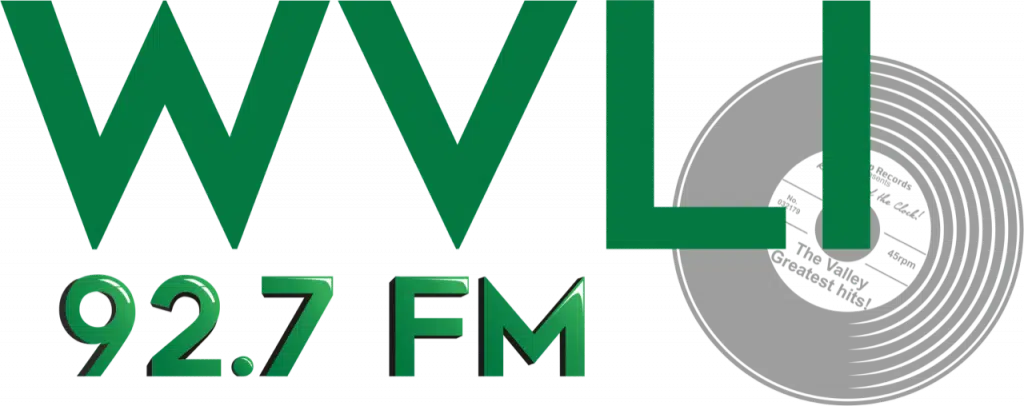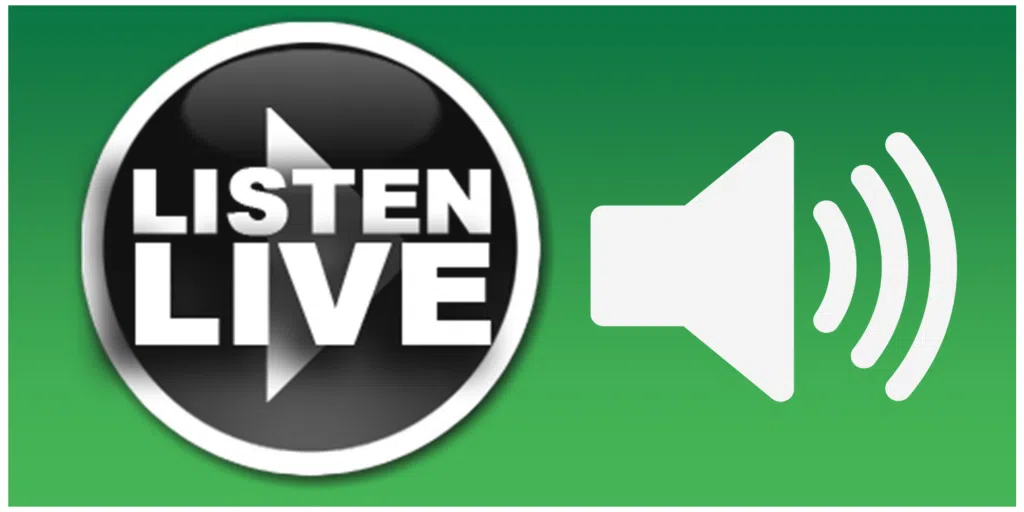Paul Simon spoke out about his Jewishness and how spirituality plays a large role in his new song cycle, Seven Pslams. The newly released collection hit Number 25 on Billboard's Top Rock Albums Chart, with industry whispers leaning towards several Grammy noms for the set heading Simon's way.
During his chat with Britain's The Independent, he recalled growing up in Queens, New York: “I really wasn’t aware of anti-Semitism when I was young. Although I do remember once when I was very young hearing about the Ku Klux Klan — and I was really scared. They said the Ku Kux Klan hated blacks and Catholics and Jews. I was afraid they were going to come to New York. Otherwise, what went on in the neighborhood was predominantly Jewish. There didn’t seem anything exceptional about it. It was not a big part of the family life. My father was not religious. Maybe not a believer. I know my mother was.”
Simon went on to say, “I’m not religious. By that I mean I don’t want to be part of any organized religion. I think there is a universal desire to find some kind of communion with God or whatever word you choose for God. That is part of human nature. Most people in the world, they belong to one or another (faith) and that’s the road they take to find that communion. You needn’t have to be religious necessarily to be interested in that pursuit. In fact, you can be an atheist and you will still have a desire to feel something that’s powerful about being alive and being part of a planet that is all about life.”
Simon, a life-long liberal New Yorker, now spends most of his time in Texas, where his wife singer/songwriter Edie Brickell was born and raised. He touched upon life in the Lone Star State: “It's a state with politics that I don't agree with at all. But I really like the people and where we live. We don't live here all the time. Edie is from Texas. Her family is from Texas. She has a lot of Texas in her.”
Although Paul Simon has ever overtly promoted his Jewishness — it’s also never been something he’s shied away from: “The world tends to see you as a Jew. So, while I see myself as 'me,' I realize that at times I’m part of a larger, a larger community, that the world all lumps together as if we were all the same.”





